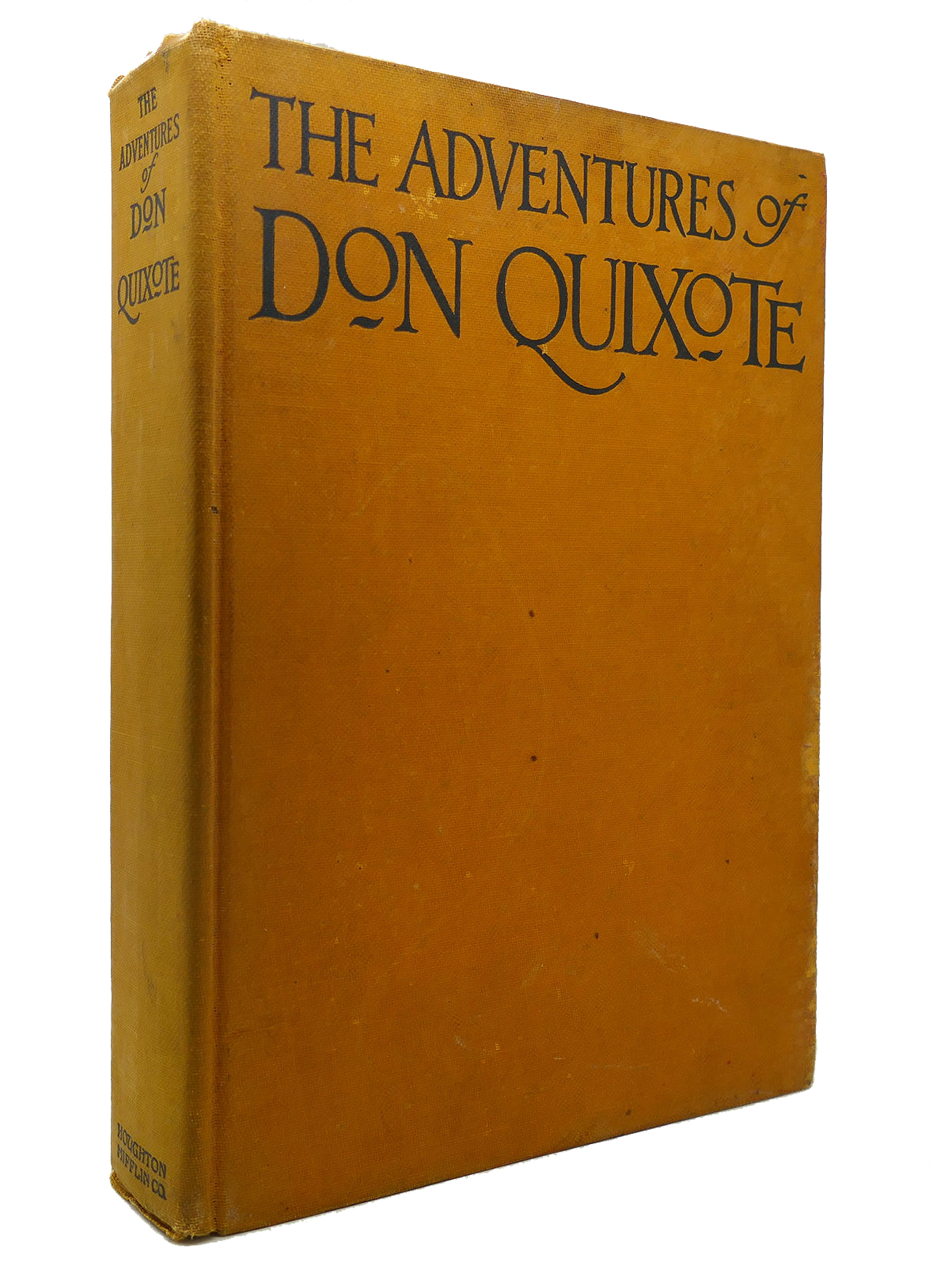A book and much more (transcript)
by Christopher Kenneally Beyond the Book
And your concluding section is the book is interfaced, that interface where we encounter all of these ideas and you ask about making that interface visible or invisible to readers. But you conclude, I think, that the advantage of the book and why it likely has a future is that it’s a slippery term. It’s a very malleable notion, and this is its great strength.
Yeah, it’s funny when we talk about a book, we can be talking about an object or content at the same time. That slipperiness – if I say have you read Middlemarch, you’re not necessarily picturing a physical artifact, you’re picturing the content of Middlemarch, the idea of Middlemarch – that very slipperiness is actually a positive thing because it then lets us think about e-books as another form of book. It lets us imagine potential futures for the book that involve different physical formats than the one that we’re so used to and so acclimated to.
Also I think if we start to see the codex book again, and we start to recognize it on our bookshelves and not take it for granted, we can appreciate that it is one of many potential forms for the book, and it’s necessary for it to take a shape that brings it into our hands and into contact with our bodies. How those bodies traverse space and what those bodies need is obviously going to change over time, too.
So where we end, then, Amaranth Borsuk, is this notion that what is beyond the book is still the book. As not only a historian but a poet and a book artist, yourself, what does that mean? Where do you want to take the book next yourself? Where do you want to take the book next yourself?
Oh, those are two, actually – I feel like there are two important questions there. I do agree with Edmond Jabès, who has the last quotation in the book, which is filled with different definitions of the book from thinkers, writers, and artists. I do agree that what is beyond the book is still the book, meaning that the book is something that exists in perpetuity and that our relationship to it will continue to change and shape shift as the book itself changes and shape shifts.
In my own creative practice, I’m interested in exploring embodied interaction with book forms and what kind of reading experiences can be created that remind the reader of their own body, that in fact the book as a body that is scaled to the human body, and that different bodies encounter books in different ways, based on their ability, based upon their wreaths, (sp?) based upon however they’re situated in the world.
So I’ve, as an artist, created a number of collaborative projects that are experimental books using technologies like augmented reality, where the reader has a book of poems they can’t actually read until they open it up in front of a webcam, and then the poems appear in 3D space, or books that are created for iPad that are remixable and that are changing and mutating on their own as soon as the reader opens up the text. I’m interested in experiments like that that allow us to revisit books through the lens of our own body and see that any book fundamentally takes shape in the hands and in the mind of a reader, that books are not created by authors. In fact they’re this interesting performative experience that happens when the reader steps into the picture. That’s what I’ll be exploring or continuing to explore in my body of work
We look forward to following you in that exploration, and indeed, anyone who says they love books and loves reading really should love, as well, this book, The Book, for its way of showing us how the book has become so important to everyone’s lives. We’ve been speaking today with Amaranth Borsuk, author of The Book from MIT Press. Amaranth Borsuk, thank you so much for joining us on Beyond the Book.
Chris, thanks so much me on, it’s been a pleasure.
06
